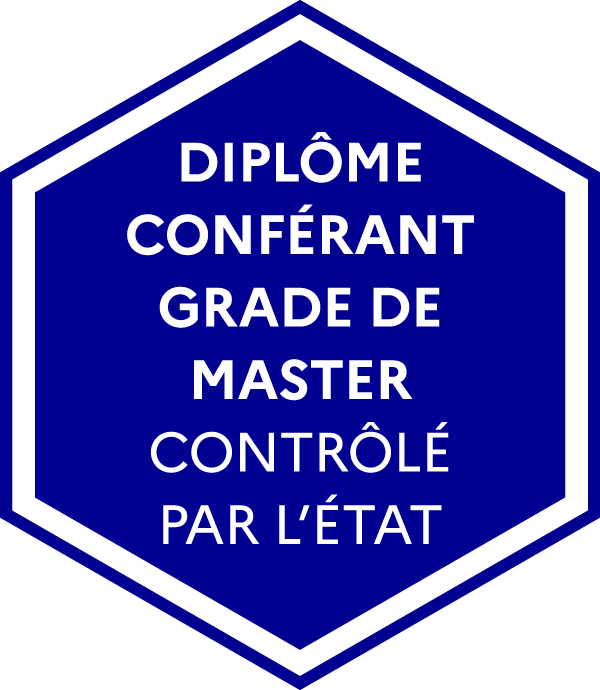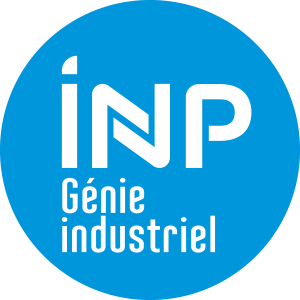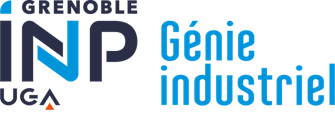Number of hours
- Lectures 18.0
- Projects -
- Tutorials 21.0
- Internship -
- Laboratory works 33.0
- Written tests 4.0
ECTS
ECTS 6.0
Goal(s)
- To understand the needs of numerical computing and its specificities; to know and understand the standard methods of numerical analysis (continuous optimization, differential equations, function estimation...)
- To know the basic concepts and tools of Probabilities; to be capable of using them to model stochastic problems.
• To understand the foundations of algorithmic and data structures; to know how to perform a top-down analysis of problems and design modular solutions based on the main concepts of object oriented programming; to be capable of implementing one's own programs using a programming language (Java).
Responsible(s)
Content(s)
Numerical analysis:
- error control;
- discretization, derivative evaluations, Euler method for differential equations;
- continuous optimization (properties, gradien and Newton method);
- continuous optimization with constraints (KKT conditions).
Probabilities:
- discrete and continuous random variables;
- independence, conditionnal probabilities;
- pseudo-random number generation;
- expected value and variance.
Computer science:
- algorithmic formalism and the main concepts of object oriented programming;
- top-down analysis of problems;
- definition of an algorithmic language (variables, control structures);
- data structures (tables, lists) and algorithmic techniques (recursion, divide and conquer)
- simple complexity analysis
- object oriented programming (objects, classes, attributes, encapsulation) and a programming language (JAVA).
Mathematics
Basics of Computer Sciences
Test
See French description (this course is only available in French)
Calendar
The course exists in the following branches:
- Curriculum - Engineer student Bachelor - Semester 5
Additional Information
Course ID : 3GUC0205
Course language(s): 
You can find this course among all other courses.
Bibliography
- L'Optimisation, J.B. Hiriart-Urruty, PUF, 1996.
- Mathématiques numériques pour l'ingénieur, B. Radi, A El Hami. Ellipses, 2010.
- Analyse numérique matricielle appliquée à l'art de l'ingénieur, P. Lascaux, R. Théodor. Masson (2 tomes).
- Introduction to Probability Models, Sheldon M. Ross, Elsevier.
- Introduction au calcul des probabilités, Gérald Baillargeon, 1999.
- Probabilité, analyse de données et statistique, G. Saporta, 2006.
- Calcul des probabilités : cours et exercices corrigés", D. Foata, A. Fuchs.
- http://ljk.imag.fr/membres/Bernard.Ycart/smel/ (ce site propose un cours, des jeux de données, des articles de réflexion, et surtout beaucoup d'applications pour visualiser, tester et comprendre les différents concepts du cours)
- Introduction to algorithms Ed. McGraw Hill. Thomas H. CORMEN, Charles E. LEISERSON, Ronald L. RIVEST.
- Foundations of Computer Science. Ed. W. H. Freeman. Alfred V. Aho, Jeffrey D. Ullman.
- Initiation à l'informatique. Ed. Eyrolles. Henri-Pierre Charles
- Apprendre à programmer avec Python3, Gérard Swinnen, 2012
- The Python Standard Library, https://docs.python.org/3/library/index.html
French State controlled diploma conferring a Master's degree

Common Core presentation
Programme courses S5
Programme courses S6
Supply Chain Management
Programme presentation
Programme courses S7
Programme courses S8
Programme courses S9
Programme courses S10
Product Design
Programme presentation
Programme courses S7
Programme courses S8
Programme courses S9
Programme courses S10
Contacts
Academic staff
- Head of studies:
Pierre Lemaire - Head of 1st Year Program:
Abdourahim Sylla - Head of Supply Chain Management Program:
Irène Gannaz - Head of Product design Program:
Yann Ledoux
Registrar's office
- Head of Registrar's office:
genie-industriel.scolarite@grenoble-inp.fr - Secretary's office 1st Year:
Valérie Demicheli - Secretary's office 2nd Year:
Sylvie Malandrino - Secretary's office 3rd Year:
Vincente Odier - International relations department:
Nadia Dehemchi



